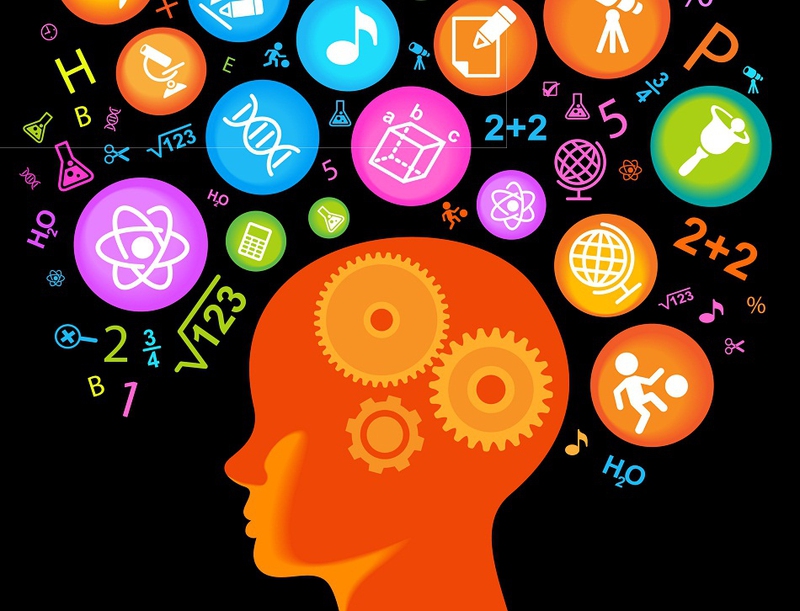The ability to memorize is a skill that can be learned by everyone with a few practical tips. And being able to memorize things is an important skill to have, whether it’s for school, work or just improving yourself. Exercising your memory helps keep your brain healthy. Below are a few methods to help you strengthen your ability to memorize.

How to Memorize Quickly
Take an interest in what you are learning
When something is of particular interest to us, it is easier to remember. Many people can remember the names of people they find attractive, as well as the lyrics to favorite songs. Some can also remember a favorite quote or passage from a favorite book. If you are not interested in what you are learning, you must find a way to become interested.
Use acronyms and rhymes to help memorize
If you are trying to memorize a list of names or categories, it helps to select a few keywords and create abbreviations or acronyms. For example, the colors of the rainbow are easily remembered by using the familiar acronym ROY G BIV, which comes from the first letter of each of the colors. You can also choose keywords and add rhyming words to create a catchphrase to help you remember.
Break down the information and correlate it
Depending on the amount of information you need to memorize, you can break it down into smaller, more manageable sections. You can then try to retain the information in pieces and correlate it to something you know of to memorize. It is actually easier for your brain to retain and remember information when you work in smaller bits. Studies show that students who cram for tests retain far less information than those who spend a portion of every day studying.
Create and use a set of flash cards
If you need to memorize something quickly for a test, flash cards are a great way to help you learn and remember information. It is best used for word definitions or proper equations in math or science. You write the word down on one side and the definition on the other side of the card. For equations, write the equation on one side of the card and the proper usage on the other. You can carry the flash cards with you and use them to memorize the information at any chance you get.
Carefully organize your information
The brain always grasps information when it is written down in an organized fashion, so be sure to do that with what you need to learn and memorize. A list of important points in groups of three are the easiest to work with. Repeating words or phrases in a pattern of three repeatedly will help you memorize the information much quicker.
Create a visual image
If you need to learn or memorize something more abstract, such as a concept, creating a visual image of that concept in your mind is a good way to help you retain that information. Keep that image in your head and keep referring back to it to help you memorize the information.
Repetition is important
While trying to memorize information, it is important to repeatedly input that information into your brain. In sports this is called muscle memory, where an athlete practices a play or certain move over and over again. This helps the brain memorize how the body needs to move or perform. By repeating information over and over again, especially out loud, you train your brain to remember that information automatically.
Teach the information to someone else….or yourself
This is an effective way to learn and remember information. You can teach a person some information about what you have learnt. This also allows you to get a feel for speaking aloud if you need to present the information to others. You can also do this same technique to yourself while sitting in front of a mirror.
Be sure to take breaks
Make sure you take breaks between study sessions. Allow yourself to breathe and relax. Take a walk without thinking about what you have just learned. You can go back to it later and you will find that your memory of the information has improved. This will help you figure out what you know well and what you might need to work on some more.
Eat a healthy diet
Maintaining overall health by following a healthy diet will help keep your brain healthy and functioning properly. There are a number of foods that help improve brain health and memory, including salmon and other fish rich in omega-3 fatty acids, eggs, almonds, whole grain cereals and iron-rich foods such as spinach, grapes, broccoli, papaya, dark leafy vegetables, tuna and tomatoes.

View All Comments /Add Comment